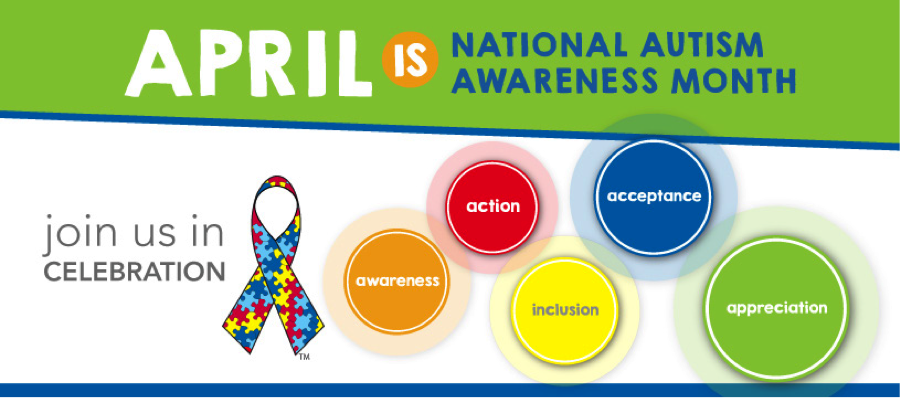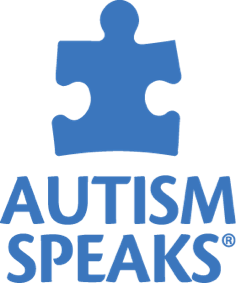April is National Autism Awareness Month. April 2 is a day meant to create consciousness, tolerance and acceptance of people with autism spectrum disorder (ASD). A better inclusion in society is essential to increase their quality of life and expectations.
Autism spectrum disorder encompasses a vast range of behaviors, genetic mutations and neurophysiological conditions. For this reason, it is difficult to find common traits that unanimously describe people with ASD.
It is well known that those with autism have a different perception of the world. They have a strong sensitivity to sensorial stimulus, such as light and sound, that is mild for most people. As these stimuli can be extremely disturbing for people with ASD, they may consequently avoid them with behaviors that appear incomprehensible from the outside. However, it is a natural reflex in all living beings to elude harmful stimuli, it is probably one of the adaptive behaviors that enabled us to survive on earth. How different would these behaviors appear if we were all aware of the reason behind them? Were that the case, we would probably support them instead of meeting them with a frightened expression. It is therefore crucial to generate awareness in society about the sensorial hypersensitivity of people with autism in order to integrate and accept them, instead of excluding them due to ignorance.
There are also notable differences in people with ASD in their ability to localize their attention on single tasks. While it is generally challenging to captivate their attention with things they don’t find interesting, once something has caught their attention they can spend long periods of time focusing on such activities. A great example of this is the number of outstanding artists and musicians with ASD. An open question for scientists and physicians is whether this ability to focus on one thing at a time is also related to their social withdrawal. Understanding the brain circuits required to localize attention as well as those required to establish social interactions and empathy with other people is certainly essential to developing therapies to integrate people with ASD into society. However, understanding and societal acceptance is also crucial to reduce their social withdrawal.
A rather worrisome subject concerns the general panic originated almost twenty years ago about a possible relation between autism and vaccines, in particular the measles, mumps, and rubella (MMR) vaccine. This controversy was originated by a biomedical research article that intended to show that this vaccine caused several behavioral and physiological disorders, including autism. However, strong irregularities during data collection and analysis were found in this work, and it had to be retracted by the authors after no other group could reproduce the results. Extensive research in the past fifteen years demonstrated that there is no evidence for a relationship between vaccines (including ingredients present in them) and autism. Unfortunately, the unfounded belief that vaccines can cause autism continued to grow and spread around the world causing a large number of parents to stop vaccinating their children. This leaves both children and adults vulnerable to severe complications including pneumonia, encephalitis, blindness, diarrhea, ear infections, paralysis, and death.
As vaccine-preventable diseases are nowadays rarely found in several countries, one may think that they have already been eradicated. However, the infectious agents that cause them are still present in some parts of the world and can easily spread and infect anyone who is not immunized. This has already lead to significant measles outbreaks in unvaccinated populations in Austria, Belgium, Denmark, France, Germany, Italy, Spain, Switzerland, and the United Kingdom as well as the United States. This could have easily been prevented by vaccination. We cannot go backwards in history and waste years of medical and scientific advances. The risk of not taking vaccines far surpasses that of taking them. It depends on us to make responsible and informed decisions about vaccination in order to protect ourselves as well as those around us.


